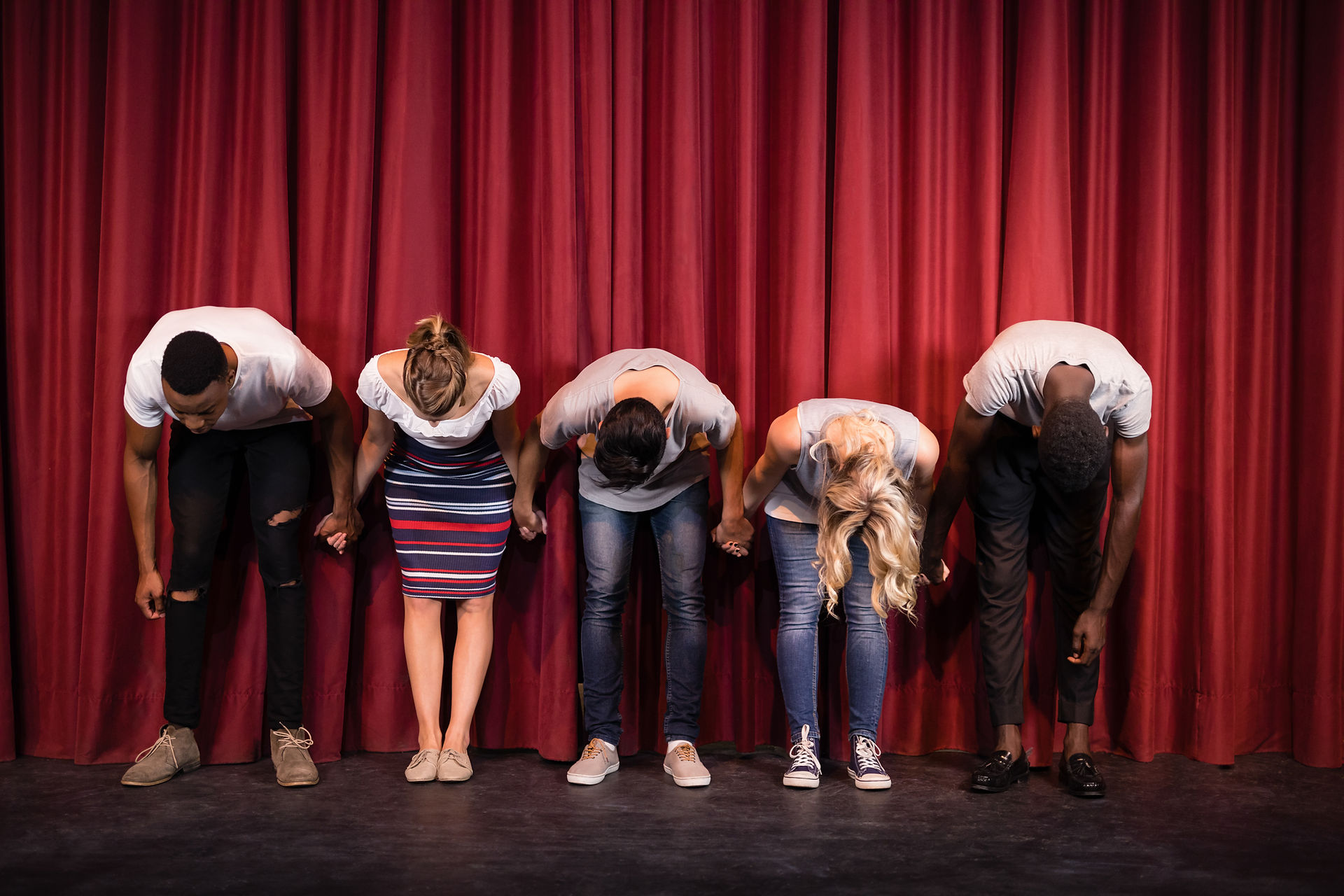In my series on character creation, I focused on making choices to create the character but not specifically on acting techniques and learning to act. Because you don't need to be a great actor to be a great improviser. If you want to learn more about acting though, this gives you an overview of different schools of thought in the anglophone world.
Meisner - improv loves this one in general because of the focus on the moment and reacting to your partner. the actual teaching techniques are much parodied because repetition is really...special.
Practical Aesthetics - another one that i would say has a massive influence on certain kinds of improv. big point here is that you pretty much always act as YOU would in those circumstances - the "as if" tool is very central. emphasis on other actor like Meisner EXCEPT the goal is to affect the other actor.
Stanislavski - honestly it changed so much over his career there's a lot of misunderstandings around it. for me the most relevant part is the identifying actions and working backwards to identify the objective and emotional inner life that led to those actions. Stella Adler was probably the best teacher in his tradition in the anglophone world, with an emphasis on sensory imagination. And she's the one who said "acting is reacting."
Uta Hagen (lots of overlap with Stanislavski) - i did most of my formal training at the school Herbert Bergdorf founded and Uta Hagen made actually good, and I love her six steps still.
Michael Chekhov - Stanislavski with more emphasis on gesture and on imagining the character rather than self in imaginary circumstances.
"the method" (a mutation of stanislavski from Lee Strasberg) - the big thing here is sense/emotional memory (which, I will note, deliberately takes you OUT of the moment) and living as the character in "real life" so it's not really practical for our purposes. Also great Stella Adler quote: "Drawing on the emotions I experienced — for example, when my mother died — to create a role is sick and schizophrenic. If that is acting, I don't want to do it."
· Classical - everything before the end of the 19th century. big emphasis on theatricality. mask, archetypes and abstract movement also important.


Comments